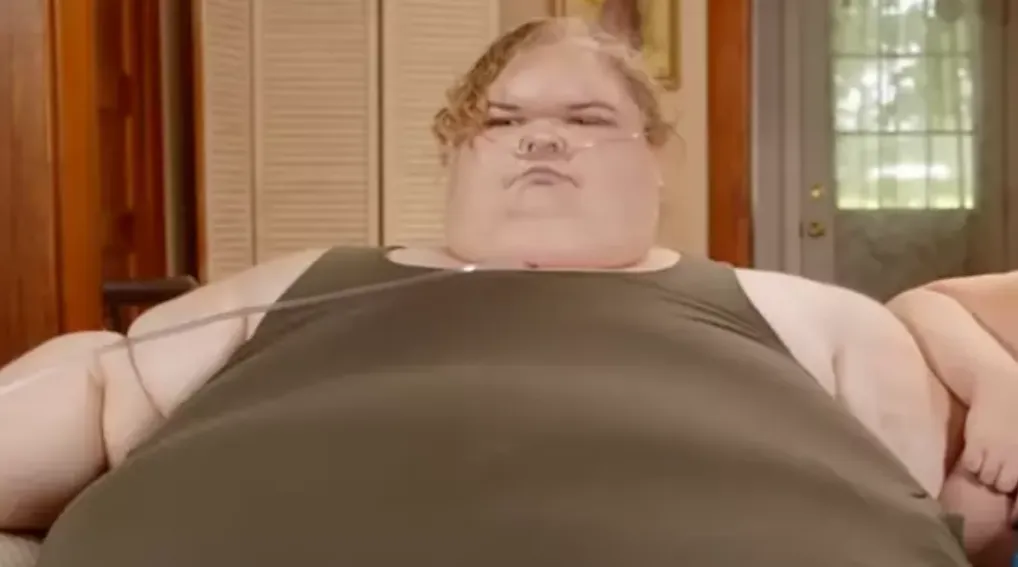When a couple made a heartbreaking confession that over 100 people died at their wedding
ssssIt was a celebration of love and new beginnings, but for Haneen and Revan, their wedding day in northern Iraq ended in heartbreak and devastation. Nearly two years have passed since that fateful night in 2023, but the scars left by the tragedy still run deep.
What should have been a joyful occasion for the couple, surrounded by friends and family, turned into one of the most heartbreaking tragedies Iraq has witnessed in recent years. Over 100 lives were lost, and hundreds more were left injured in a deadly fire that broke out during the wedding celebration.
A night of joy turned to horror
For Haneen and Revan, their wedding was supposed to be the start of a new chapter in their lives. With nearly 900 guests gathered in a banquet hall in Qaraqosh, they celebrated with dancing and laughter. But their joyful night soon turned into a nightmare.
A desperate escape amid the flames
The fire spread fast, trapping many guests inside the banquet hall. People panicked and ran to the exits, pushing and stepping over each other to escape. Revan’s focus was getting Haneen to safety. “I grabbed my wife, and I began to drag her. I kept dragging her and trying to get her out of the kitchen entrance,” Revan explained to Sky News. “As people were fleeing, people were trampling on her. Her legs are injured.”
Somehow, the couple managed to escape through a kitchen exit, but they were among the few who survived. Tragically, over 100 people died in the fire. Haneen lost 10 family members, including her mother and brother, and her father was badly injured in the chaos.

What went wrong: Safety failures and accountability
As per media reports, as investigators looked into what happened that night, they found that the banquet hall did not meet fire safety standards. The ceiling was made of highly flammable material, which helped the fire spread quickly. Because of these safety failures, parts of the building collapsed within minutes.
The exact cause of the fire is still unclear. Some believe the fireworks may have started it, but Revan thinks it could have been caused by an electrical problem in the ceiling. “It could be a short circuit, I don’t know. But the fire started in the ceiling,” he said.
The impact: Lives shattered, community grieving
Revan shared in the interview with Sky News how difficult it was to stay in a place so deeply connected to the tragedy. “That’s it, we can’t live here anymore. Every time we try to have some happiness, something tragic happens and takes it away. So, it’s best for us to leave,” he said.
“It’s true that we’re sitting here in front of you alive. But inside, we are dead. We are numb. We are dead inside,” Revan explained further, expressing the grief they have carried every day since that night.
Justice and accountability
As per media reports, after the fire, 14 people were arrested, including those who set off the fireworks. The investigation found major safety failures, but the exact cause of the fire is still uncertain. Even so, the Iraqi government promised to hold those responsible accountable.“The only thing we want now is justice for those who lost their lives,” Revan said in the interview.

Moving forward amid loss
Life for Haneen and Revan will never be the same after losing so many of their loved ones. Their grief may never fully fade, but their story is a reminder of how fragile life is and why safety matters. Despite the pain, they have shown resilience, honoring those they lost while trying to rebuild. For Qaraqosh, the tragedy has left a lasting scar. What was meant to be a joyful new beginning for the couple instead became the start of a journey of loss and healing.
Dad with deadly brain cancer that kills in a year is cancer free after taking new drug
A breakthrough drug is fighting brain cancer head-on.
Glioblastoma is widely considered the deadliest form of brain cancer, killing over 10,000 Americans each year. There is no cure for the highly aggressive disease — many patients survive just nine months after diagnosis.

Ben Trotman was diagnosed with glioblastoma in October 2022 at 40.
Treatment focuses on managing symptoms and extending life via surgery to remove as much of the tumor as possible and radiation therapy and chemotherapy to destroy cancer cells.
Now, researchers from University College London Hospitals are recruiting glioblastoma patients for a trial of the immunotherapy drug ipilimumab. Sold under the brand name Yervoy, the monoclonal antibody stimulates the immune system to recognize and attack cancer cells.
Oncologists are optimistic since a UK father shows no signs of having a tumor after he took ipilimumab before his glioblastoma treatment.
Ben Trotman was diagnosed with glioblastoma in October 2022 at 40.
“The crucial element of this trial is that patients will have their immune system boosted by the drug before they have any other treatment, when they are fit and well enough to tolerate the immunotherapy,” said Dr. Paul Mulholland, the consultant medical oncologist leading the trial.
“We saw with Ben, the one patient recruited to the immunotherapy study, NeAT-GLIO, that he has had clear scans since having the treatment and the tumor hasn’t returned more than two and a half years later.”

Glioblastoma is widely considered the deadliest form of brain cancer, killing over 10,000 Americans each year.
Trotman met with Mulholland, who enrolled him in a clinical trial for ipilimumab. He was the first patient in the world — and the only person in the trial — to take the drug before glioblastoma treatment.
“Getting this diagnosis was the most traumatic experience,” said Trotman’s wife, Emily.
“We were grappling with the fact that Ben had gone from being apparently perfectly healthy to having months to live.”
After taking the drug, Ben underwent radiotherapy and chemotherapy.
Two years and eight months later, his scans are clear.
“It is very unusual to have a clear scan with glioblastoma, especially when he didn’t have the follow-up surgery that had been planned to remove all of the tumor that was initially visible on scans,” Mulholland said.

Ben and Emily Trotman wed in 2023, after he began his immunotherapy treatment.
“We hope that the immunotherapy and follow-up treatment Ben has had will hold his tumor at bay,” he added, “and it has so far, which we are delighted to see.”
In January 2023, months after his diagnosis, Ben married Emily. The couple welcomed a daughter, Mabel, earlier this year.
They enjoy taking her for walks along with their rescue dog, Jerry.
“We are trying to live as normal a life as possible,” Emily said.
“We are in a unique position of which there is no precedent and which comes with a great deal of uncertainty,” she continued. “We want to live each day as if it were our last, but we also want to plan for the future, which we hope to have.”
Researchers plan to recruit 16 glioblastoma patients like Ben over 18 months.
After taking ipilimumab, the trial participants will undergo radiotherapy and chemotherapy and perhaps surgery depending on the extent of their disease.

Dr. Paul Mulholland and Dame Siobhain McDonagh, who raised funds for the new clinical trial of ipilimumab.
The trial is being funded by Dame Siobhain McDonagh, a member of the British Parliament, whose sister died of glioblastoma in 2023.
“My beloved sister Margaret was appalled to discover that there had been no advances in brain cancer treatment for decades when she was diagnosed with glioblastoma,” McDonagh said. “Changing this was Margaret’s final campaign and one that I have continued in her memory.”
Treatment will take place at the NIHR UCLH’s Clinical Research Facility at the National Hospital for Neurology and Neurosurgery.
“I am delighted that this new trial, with the same immunotherapy drug I received, is going ahead and others will have the opportunity to take part,” Ben said. “It will give people newly diagnosed with glioblastoma some hope.”




